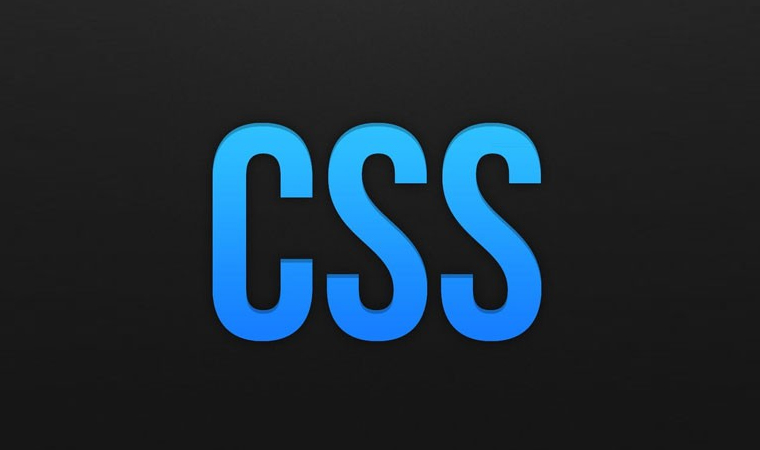
Losing Sleep Over Your Slow Website? Here Are Ten Common Causes That Slow Down Your Website.
In an age of speed, slowing down is akin to getting thrown into oblivion. Slow websites test visitor’s patience and are forgotten in no time. If your website does not monopolize a niche, which it surely doesn’t, you have plenty of competitors out there ready to take your place.
Here are top ten reasons why websites usually slow down.
-
Wrong Sizing of Images: Bad image optimization can lead to slower speeds in opening a website. An image with higher than necessary resolution and size will significantly slow down your website when a visitor clicks the link. Optimizing the right image size is a good web design practice.
-
Bad Coding Practices: You are not required to know too deeply to understand this. A bad code is the one with too much white space and unnecessary coding parts, which otherwise could have been made possible through a more compact code. Heavier the code, more the processing time it would take to load your website. A fast loading website is likely to have a light and clean code.
-
Low-Quality Web Hosting: One of the key reasons for a longer page load time is a bad hosting service. Hosting services who have overloaded memory hardware infrastructure can cause your website to slow down. If their executable page storage hardware is out of date and cannot take the load or if you have to go for a super economic plan where your website pages are crammed with ten others, pull back now.
-
Not Compressing the Web Pages: Web pages that are left uncompressed will take more time to open and load. Compressing your web pages with the help of GZIP and PHP can help your web page load quickly as soon as any visitor clicks on the link.
-
Too Many File Requests at The Same Time: Web pages that already have a great amount of traction are inundated with a lot of file requests. When too many simultaneous visitors click on a button that loads a page or carries out a function, the website will significantly slow down. By managing your web page’s JavaScript elements, this problem can be fixed.
-
Using Out of Date CMS: As part of a good web design practice, never use out of date CMS. It also advised taking a website speed test for your website from time to time.
-
Handling Massive Traffic: Massive traffic can heavily your website causing slow loading of pages. Going for a multi-threading solution can help your website handle simultaneous loads well.
-
Using Low-Quality Servers: Servers that take time to render pages to the client browser and that are already slowed down despite their ‘peak performance’ need to be replaced as fast as possible. Servers that are usually low-quality or are redundant will cause you these issues and slow down your website drastically.
-
Embedding External Media: Websites will usually embed videos and audio files from external sources to convey a message in a more powerful manner. However, this processing of embedding outside media has to be made economically and optimized in a way that it does not compromise the speed of your website.
-
Excessive Spam Messages: Spam messages are a massive headache for all, including websites. If your website receives comments and messages that are irrelevant, your server stores them as a part of the website's data, thus overloading your website. Timely removal of spam messages helps in restoring your website's normal speeds. A responsive website design goes a long way to root out this problem.
Although there could be many minor reasons for a slow website, we believe these ten reasons are the commonly diagnosed causes of a slow website. Get rid of them through a timely maintenance practice, and your website will run well. Looking to build a website for your business, contact best web design company in India.
Daksha Design is available 24/7 365 days a year. © 2010 All Rights Reserved









Post Comment
Fields marked with an asterisk (*) must be filled out before submitting.